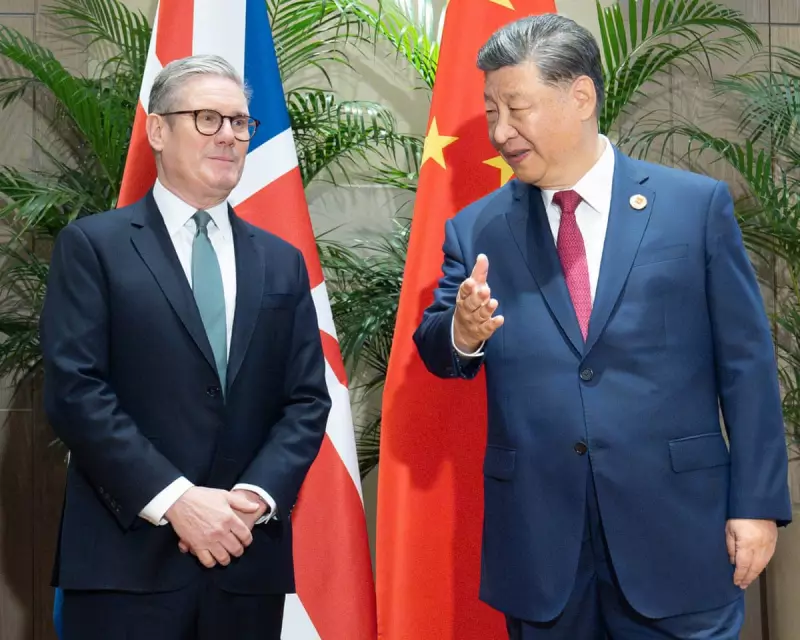
Britain stands at a critical crossroads in global security, facing a challenge that extends far beyond traditional military calculations. As China rapidly expands its influence and capabilities, the UK's ability to mount an effective defence is being undermined by deep-seated cultural and political issues that threaten our national security foundation.
The Shifting Global Power Balance
While Britain debates short-term political priorities, China is executing a long-term strategy of global dominance. The Asian superpower isn't just building military might—it's creating an entire ecosystem of influence through economic partnerships, technological advancement, and strategic infrastructure projects across Asia, Africa, and Latin America.
This expansion represents more than traditional geopolitical competition. China is systematically reshaping the international order to serve its interests, leaving Western nations scrambling to respond effectively.
Britain's Cultural Defence Deficit
The core vulnerability in Britain's security posture isn't primarily about equipment or troop numbers. It's rooted in three fundamental cultural attitudes that have taken hold in British society and politics:
- Short-term political thinking that prioritises immediate electoral cycles over long-term strategic planning
- Complacency born from decades of relative peace that has dulled our collective sense of security urgency
- Underestimation of emerging threats while overestimating our ability to respond effectively
The Hard Truth About Soft Power
Britain has long prided itself on its soft power influence—through culture, education, and diplomatic networks. However, this advantage is rapidly eroding as China develops its own sophisticated soft power apparatus while simultaneously building formidable hard power capabilities.
The uncomfortable reality is that soft power alone cannot deter determined adversaries. Without credible military strength to back diplomatic positions, Britain's influence on the world stage diminishes significantly.
A Call for Strategic Renaissance
Addressing this challenge requires more than increased defence spending. It demands a fundamental shift in how Britain thinks about security and its role in the world. We need:
- Long-term bipartisan defence planning that survives political transitions
- Honest public conversation about the real threats and necessary sacrifices
- Integration of security thinking across all government departments
- Rebuilding of national resilience in critical infrastructure and supply chains
The choices Britain makes in the coming years will determine whether we remain a significant global player with the capability to defend our interests and values, or whether we become increasingly vulnerable to powers that have planned and invested for the long term.





